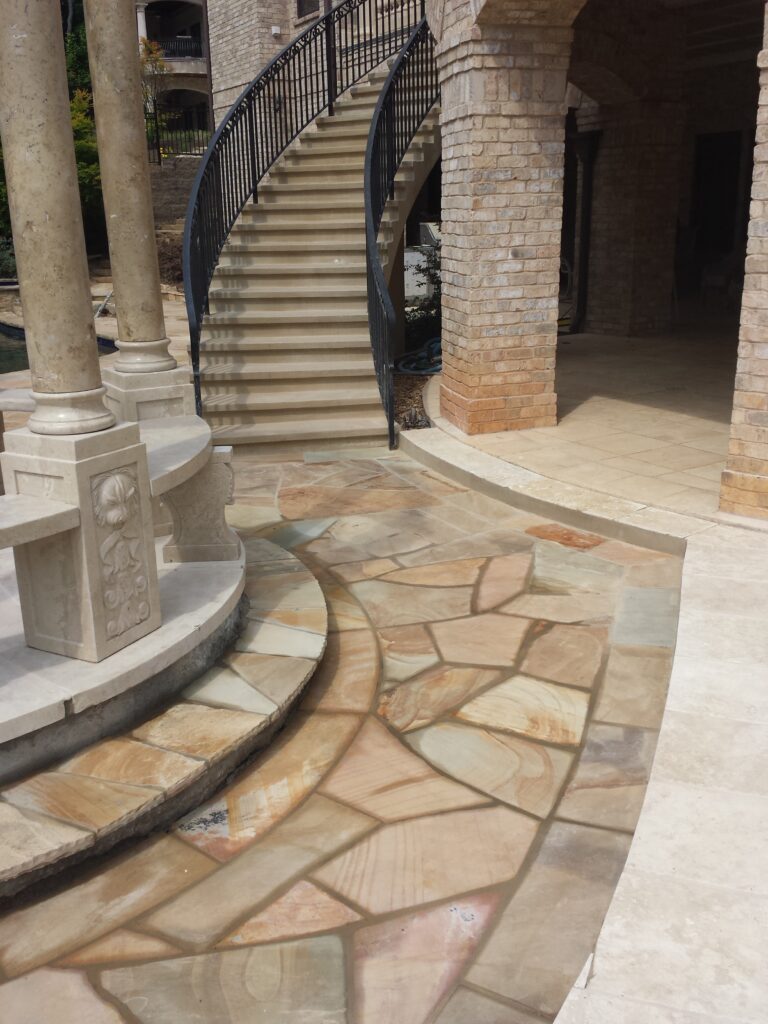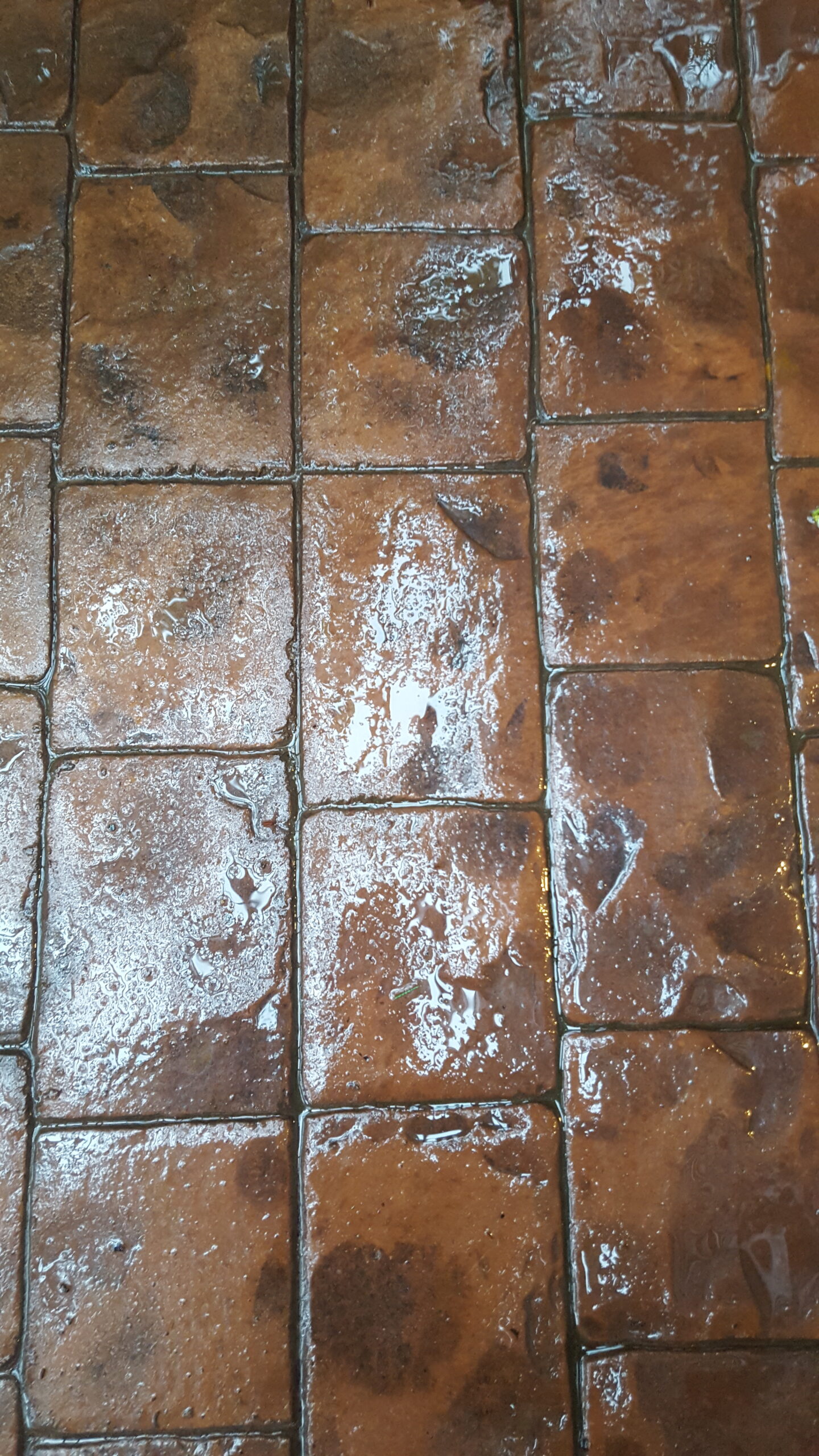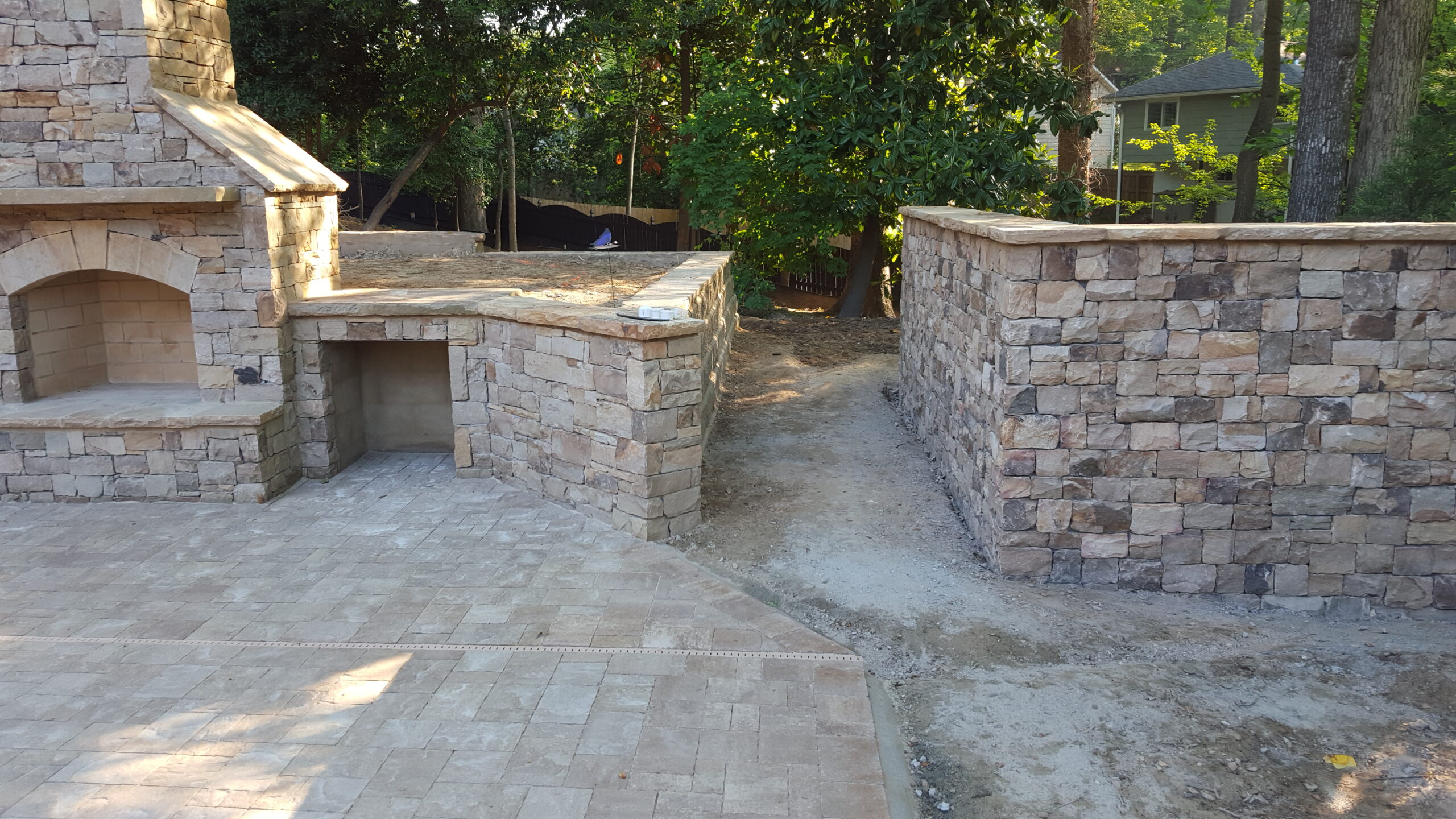
Quality Concrete Work
At our R&D Concrete, we pride ourselves on delivering unparalleled quality, craftsmanship, and value in every project. Our skilled team of professionals meticulously handles each phase of construction, from precise formwork to flawless finishing, ensuring durable and aesthetically superior results that stand the test of time. By using top-grade materials and advanced techniques, we create structures that not only meet but exceed industry standards, providing clients with long-lasting solutions that enhance both functionality and visual appeal. We are committed to offering exceptional value, balancing cost-efficiency with uncompromising attention to detail, making us the trusted choice for projects that demand excellence.
Stamped Concrete vs Stone
Stamped concrete and stone work both offer unique aesthetic and functional benefits for home foundations and outdoor surfaces, but their maintenance requirements differ significantly. Stamped concrete, designed to mimic the look of stone, brick, or tile, requires regular sealing—typically every one to three years—to protect against weathering, staining, and cracking, along with occasional cleaning to remove dirt and debris. Stone work, using natural or manufactured stones, is more durable and naturally resistant to wear, needing only periodic sweeping or pressure washing to maintain its appearance, though it may require re-pointing or replacement of loose stones over time. While stamped concrete can develop cracks or fade if not properly maintained, stone work tends to age gracefully with minimal intervention, making it a lower-maintenance option in the long run, though it may demand more initial effort to address individual stone issues.

Driveway Replacement
Replacing a driveway with concrete involves a meticulous process to ensure durability and quality, starting with site preparation, formwork, and pouring a well-mixed concrete blend reinforced with rebar or wire mesh. The curing process is critical, typically taking 7 days for initial curing to support foot traffic and up to 28 days to reach full strength, during which proper moisture retention and temperature control are essential to prevent cracking or uneven hardening. Quality of the work hinges on factors like proper grading for drainage, precise leveling, and skilled finishing techniques, ensuring a smooth, long-lasting surface that can withstand heavy loads and weather conditions for decades with minimal maintenance, provided the initial installation meets high standards.


Frequently Asked Questions
What causes concrete to crack?
Concrete can crack due to factors like shrinkage during curing, freeze-thaw cycles in cold climates, soil movement, or heavy loads exceeding its capacity. Proper mix design, reinforcement, and adequate curing time can help minimize these issues.
How long does concrete take to cure?
Concrete typically takes 7 days to cure enough for foot traffic and 28 days to reach full strength. During this period, maintaining proper moisture and temperature is crucial to prevent cracking or weak spots, ensuring a durable finish.
Can concrete be repaired if it cracks?
Yes, concrete cracks can often be repaired depending on their severity. Small cosmetic cracks can be filled with epoxy or sealant, while larger structural cracks may require professional assessment and potentially a partial replacement. Regular maintenance and proper initial curing can minimize cracking.
How can I maintain my concrete driveway?
To maintain a concrete driveway, clean it regularly with a broom or pressure washer to remove dirt and debris, and apply a sealant every few years to protect against moisture and stains. Address cracks promptly with appropriate fillers, and ensure proper drainage to prevent water damage, extending its lifespan significantly.
Got questions?
Feel free to reach out.